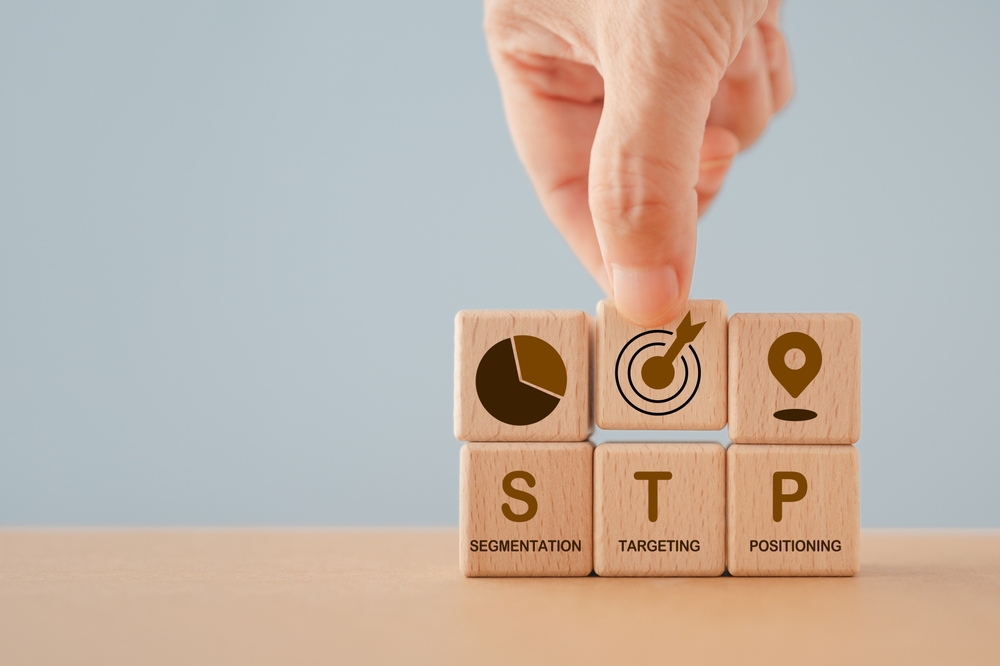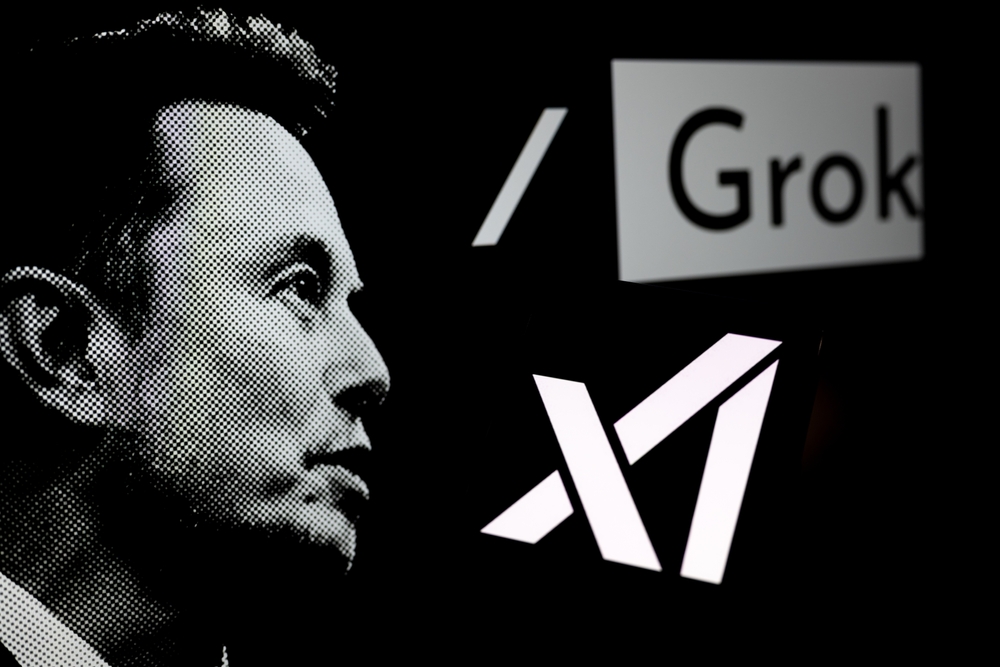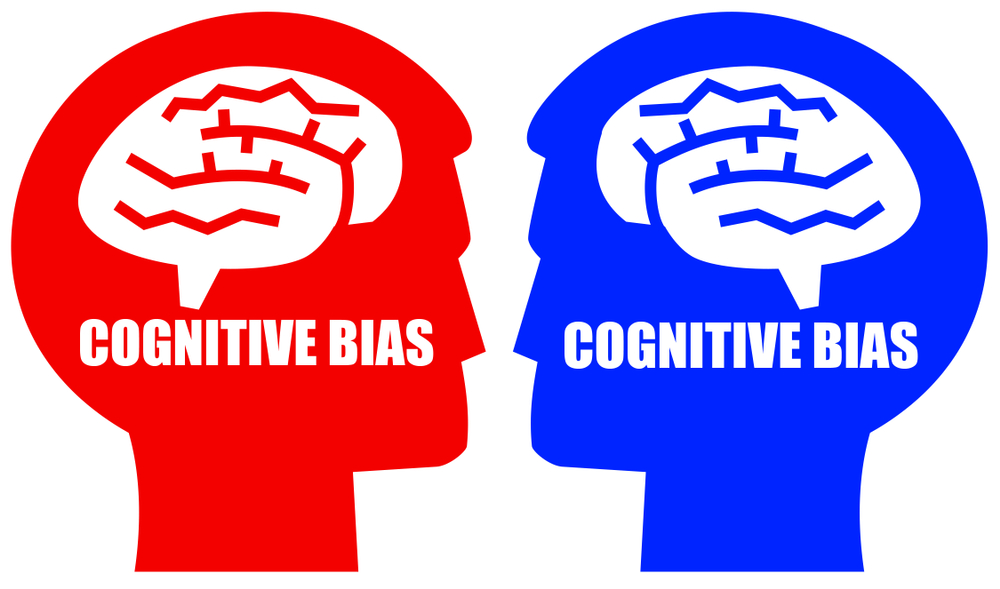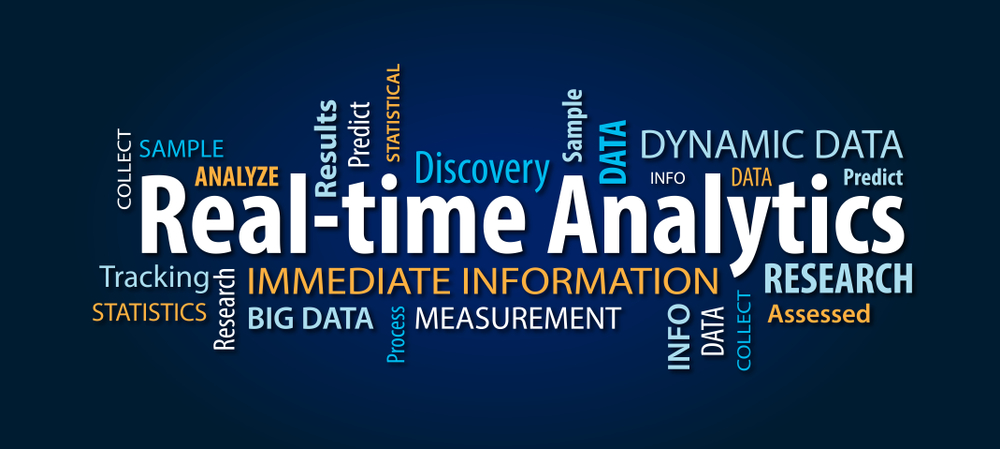Behavioural Economics has been around for some time. People like Richard Thaler, Robert Shiller, Trversky, Cass Sunstein, Dan Ariely and many more have given their life to it. But it is only now that the practice is getting acknowledged and getting it due. Large organisations and the government are understanding the power of Behavioural Economics and are creating special units and teams to ensure that they capitalise on this not so new discipline with much greater alacrity then done in the past.
Behavioural Economics combines insights from psychology, economics, judgment, and decision making to provide a more accurate understanding of human behaviour. The best part about it is that through a spate of experiments, one can actually create a meaningful action plan, sometimes resulting in a 10x plus multiplier affect or change in behaviour. Unlike classical economics, in which decision-making is entirely based on rational logic, Behavioural Economics studies and acknowledges the existence of irrational behaviour and attempts to understand why this may be the case.
Behavioural Economics provides a framework to understand when and how people make errors. Systematic errors or biases recur predictably in particular circumstances. Lessons from behavioural economics can be used to create ‘nudges’ in business, policy making and lifestyle choices.
As Daniel Kahneman said – “It seems that traditional economics and behavioural economics are describing two different species. The latter shows that we are exceptionally inconsistent and fallible human beings. We choose a goal and then frequently act against it because self-control prevents us from implementing our goals”
Some of the key principle on which Behavioural Economics
- Other people’s behaviour matters – People observe other people and imitate behaviour. They are also looking for social acceptance or a ‘acceptable behaviour’. This could be either good or bad.
- Habits are important – People do many thinks intuitively and these are had to change.
- People are motivated to ‘do the right thing’ – ‘Money or what’s-in-it-for-me’ is not always a motivator or deciding factor.
- People’s self-expectations Influence how they behave – there are certain expectations from the ’self’ in terms of value systems and beliefs.
- People are loss-averse – People do not want to let go of what they already have, its human nature.
- People are bad at computation – People give undue importance to recency and are generally unable to compute for the future.
- People need to feel involved – People always need to feel engaged in the process, even if the decision is not theirs.
To summarise, the fundamental point of behavioural economics is that humans are hard-wired to make judgment errors and they almost always need a nudge to take decisions that are good or appropriate for them. The basic understanding of where people go wrong can help them people go right. This approach in my opinion is a good ally for rational data driven models. The challenge is to find the talent that is able to drive this discipline.










